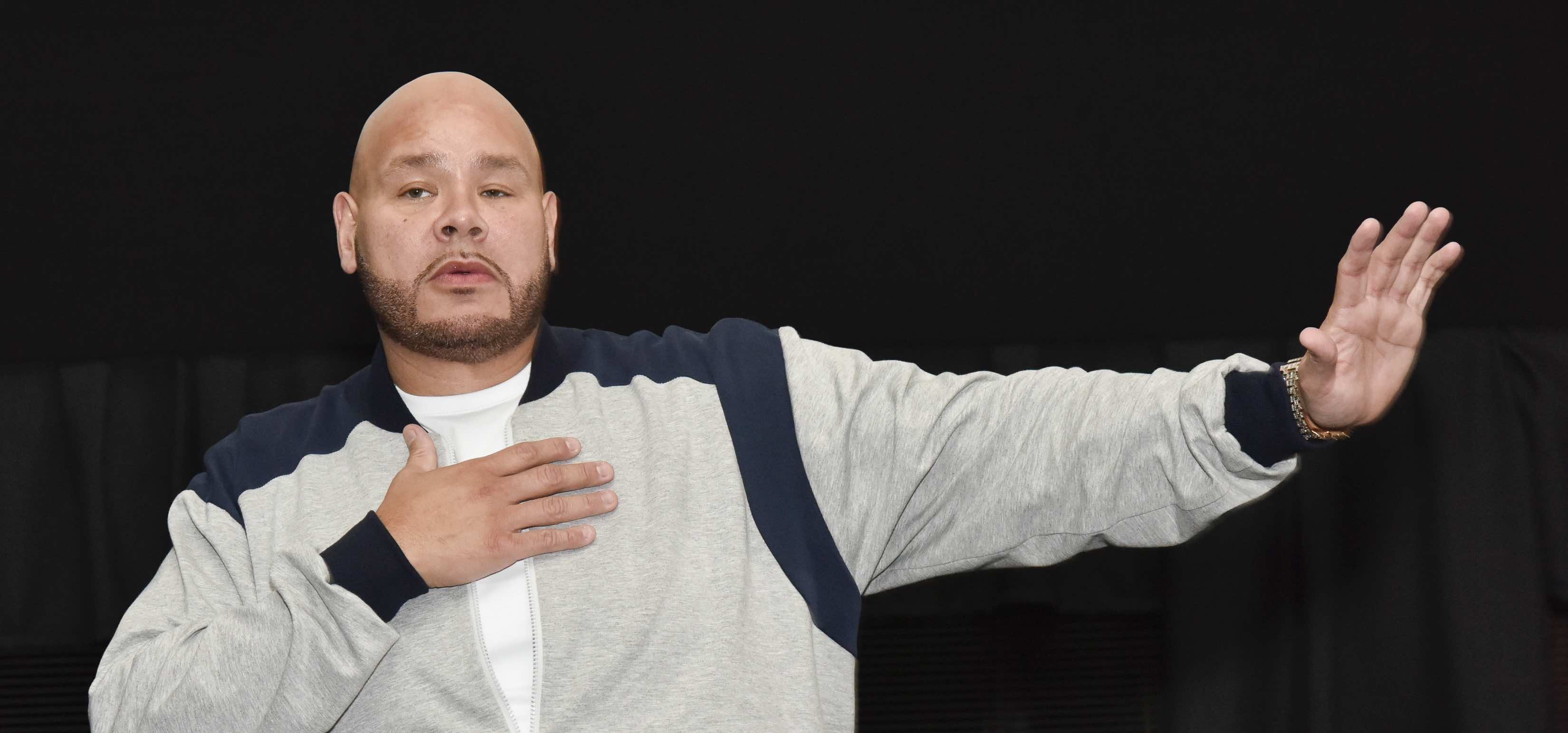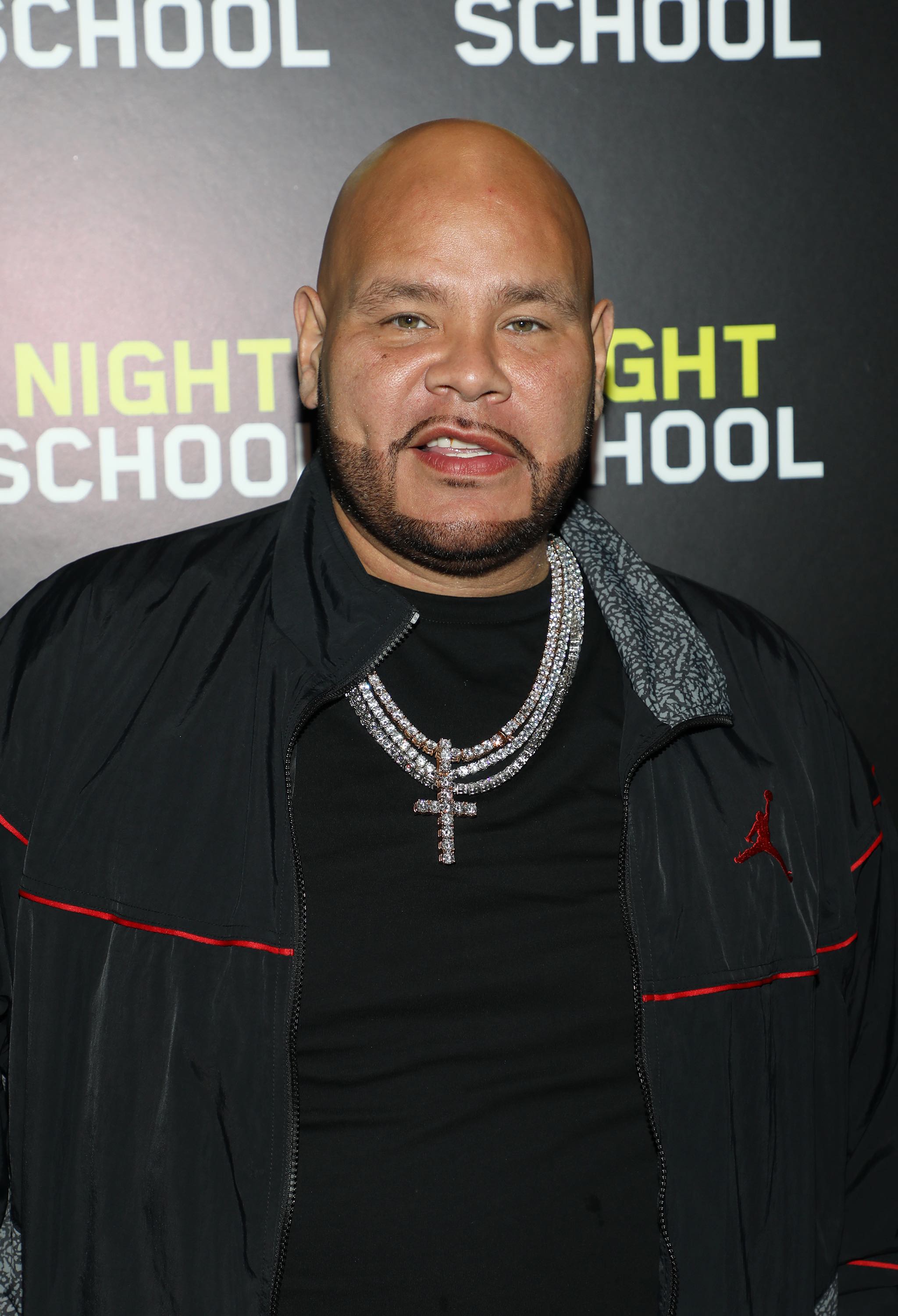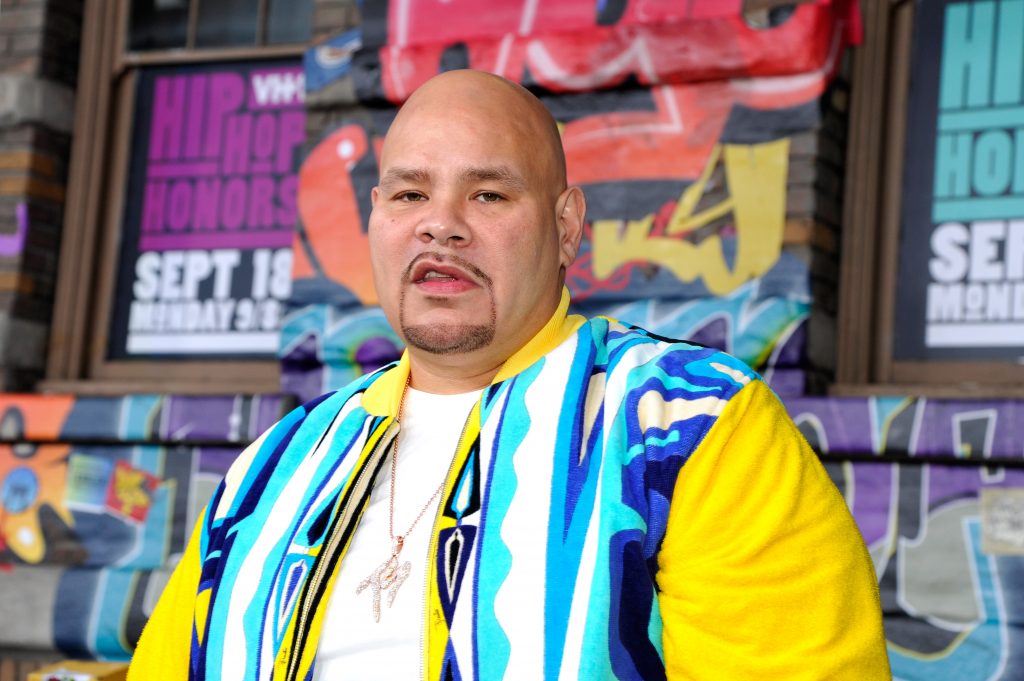Ever since “Flow Joe” (off his debut album Represent) crested the charts back in 1993, not a single hip-hop generation has been without the Boricua golden touch of Joey Crack. The Terror Squad label boss is currently celebrating his role in big screen comedy Night School alongside Tiffany Haddish and Kevin Hart — “the best of the best,” as he describes the actors. “They’re the two funniest in the world right now.” Destiny found us on Fat Joe’s calendar, scheduled for a quick interview. We spent our 10 quality minutes getting him to weigh in on the massive yet sometimes overlooked role Latinos have played in the creation and continued imagination of the rap game. As he told us, Latinos have played a foundational role in the movement. “It’s a Black and Latino genre originally. Now hip-hop is for everybody. But when you go back to the history books, the music, the parties, the jams that we all talk about — from day one it was [Latino and Black].”
Read on for some real adult education.
Fat Joe appears in Night School, which opens in theaters on September 28, 2018.
Who were your Latino rap role models when you were first coming up?
My early Latino rap role models were Ruby Dee from the Fantastic Five, and then there was Tito from the Fearless Four. As I got older and I got into rap, it was Cypress Hill – they were the biggest Latinos in the game. Then Mellow Man Ace and Kid Frost.
Tell me about the first Latino rappers you actually recorded with.
Big Pun wasn’t be the first Latino rapper I worked with, but he was the first Latino soloist to sell two million records. He was the first I signed. The Beatnuts mixed my first album. I’ve worked with everybody from Curious George to – forget about it! There was a whole project called Boricua Guerrero. It was rap, hip-hoppers getting together with the reggaeton guys. I helped a lot of those guys get their features on the album. It was ahead of its time. But you know, I been working with Latinos. When I came out, I knew I wasn’t the best rapper on earth. But I knew there was a bunch of Latinos that felt like me across the country and across the world, who really related to what I was rapping about, and that they would really appreciate it. Same thing when I discovered Big Pun. I took a back seat and I used all my connections and leverage, all my relationships so I could take him to where he needed to be. I knew that he had something that was special.

What’s it mean to you to rap in Spanish? Is that a direction we’ll be seeing more of in the near future?
Before, I wasn’t as fluent in Spanish as I was in English. That’s why I didn’t do a whole lot more in Spanish. But I’m much better now. Now [DJ Khaled and I] have a Latin trap record out right now with Akapellah — he’s an artist out of Venezuela. It’s produced by [the Dominican Republic’s “Rey de Merengue Electronico”] Maffio and it’s called “Los Gordos.” [sings] “A ella le gustan los gordos” Nah, fire.
Wait, so how did you get better at Spanish?
The one thing I did learn when I went to jail for four months was Spanish. I don’t know why, but anybody who looks like me, that was Latino, the only way to talk to them in jail was in Spanish. I came out and I’m talking to everybody in Spanish like, “Oye papá, que es lo que hay, ya tu sabes.” Everybody was looking at me like a Martian like, “Yo, you speak Spanish!” Then I looked back and I said holy shit, there was actually a positive that came out of this.

Do you think that mainstream audiences in 2018 have enough education on the role that Latinos have played in hip-hop history?
I don’t know, man. That’s why it’s so important to have a guy like Fat Joe that is relevant and popular enough to say stuff like that. Somebody might see this interview and be like, “What? Latino-Black music? Is he buggin’?” And then when they go back and they study the origination of hip-hop, they’ll turn around and be like, “Holy shit, this guy ain’t lying.” Of course, we got to keep working on it. Recently Crazy Legs from Rock Steady got honored at the Hispanic Heritage Awards for being a pioneer and all the humanity work he’s doing in Puerto Rico. We need more good stories like that.
Editor’s note: This interview uses terminology that distinguishes between Latinos (of all races) and members of the African-American community who do not identify as Latino.







